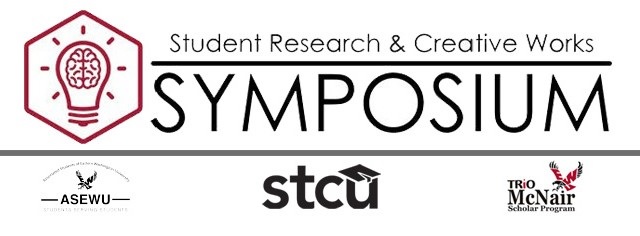Evaluation of the use of contact-liquid copper, systemic, and sodium bicarbonate fungicides for the treatment of red raspberry spur blight
Faculty Mentor
Dr. Magori
Loading...
Document Type
Oral Presentation
Publication Date
Spring 5-25-2020
Department
Biology
Abstract
The toxicity of (specific fungicides) to Didymella applanata isolates and how their application affects infected Rubus idaeus spring growth. One of the most damaging and widespread diseases of red raspberry is spur blight, caused by the phytopathogenic fungus Didymella applanata. This plant pathogen can reduce red raspberry yields up to 50 percent and causes severe problems in storing and transporting the fruit, making the fruit more susceptible to mold and can also be a source of mycotoxins (Graham, 2014). In this experiment, we will be comparing the effectiveness of locally sourced fungicides with different modes of action on the treatment of spur blight in Rubus ideas (red raspberries). We will test a contact liquid-copper fungicide, a systemic fungicide, and a homemade soap baking soda mixture. The first component of our study will include a field experiment, where we will evaluate the effect of each fungicide on infected Rubus ideas growth directly, and a second component will be an in vitro study of the effect of each fungicide on Didymella applanata growth. We predict that all fungicides will inhibit Didymella applanata growth to some degree, however, the systemic fungicide will be the most effective at treating infected plants due to its systemic action.
Recommended Citation
Graham, Courtney; Kelley, Ashley; and Sherwood, Cole, "Evaluation of the use of contact-liquid copper, systemic, and sodium bicarbonate fungicides for the treatment of red raspberry spur blight" (2020). 2020 Symposium Oral Presentations. 29.
https://dc.ewu.edu/srcw_2020_oral_presentations/29
Creative Commons License

This work is licensed under a Creative Commons Attribution-NonCommercial-No Derivative Works 4.0 International License.


